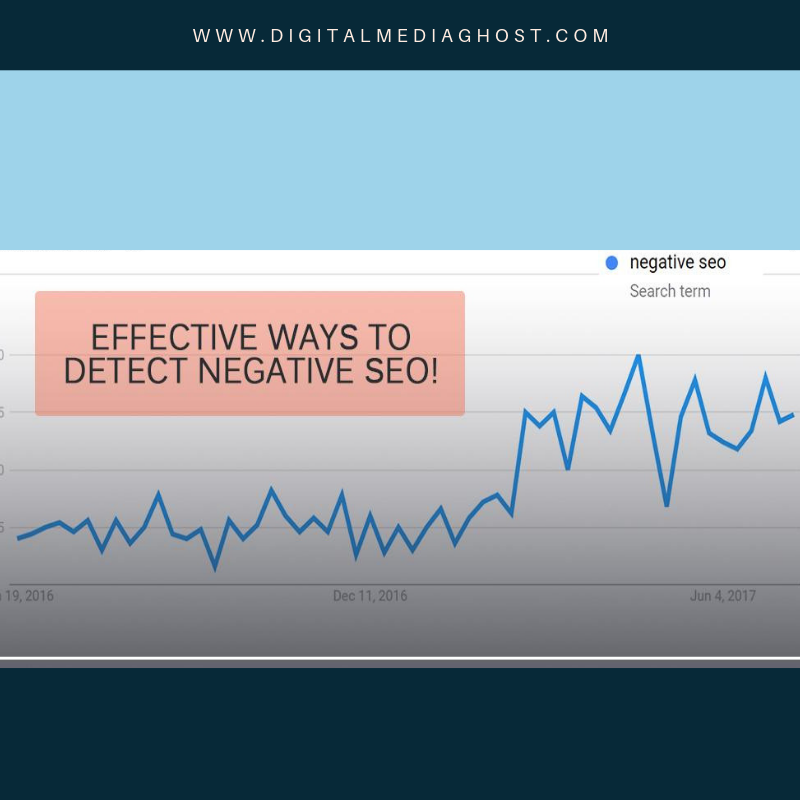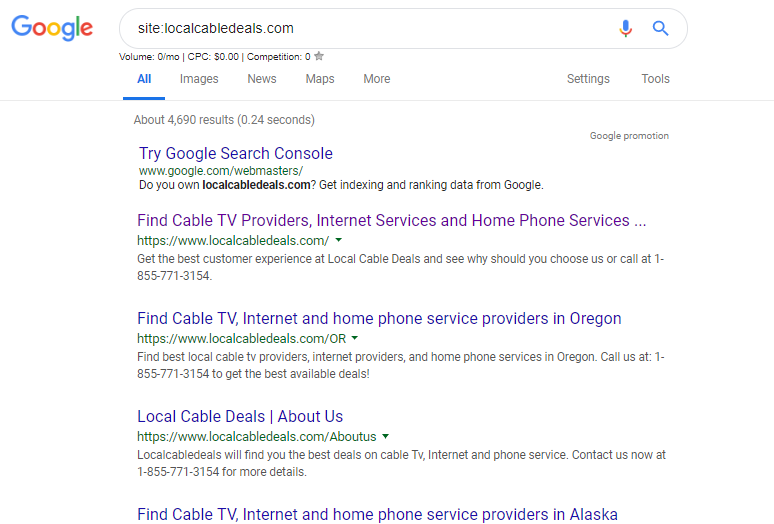How to determine the Negative SEO Campaigns? Have you ever experienced a decline in your SEO campaign? And actually suspected that it is your competitors doing? Well, if you have, then try the following steps to diagnose the problem. What would you require to do so?
These tools will help you scan your website for negative SEO practices. See how Google and other Search engines are treating your website? The most basic step to determine the negative SEO is to see how search engines are treating your website. Well, I personally like Google and Bing, audit both of these search engines to see how they react to your website. Check indexing, crawling, rankings, and spam rate, etc. to see where the SEO of your website stands and what rectifications you need to make to overcome the issues? Also, look for the following things for detailed analysis:
Raw Weblogs Remember that having access to your raw weblogs is vital, extremely vital. However, unfortunately, it is going to be difficult with the broader adaption of GDPR (General Data Protection Regulation). It is important that you have access to the internet protocols recorded on each of the page visited on your website. You can parse the logs and also can:
Google Analytics Google Analytics is a very useful tool which provides you with great insight within the stats of your site. Here are a few things you should monitor on a regular basis to know the performance of your pages:
Google Search Console Google search console could help you determine if you’ve been hit with negative SEO or not. Look into the following factors to determine the negativity of SEO campaign.
I hope you find this article helpful for determining the factors that are making your website rank low in search results. Make sure that you use the aforementioned tips and techniques for the benefit of your site.
|
Categories
All
Archives
November 2023
|
|
Locations:
New Orleans, LA Nashville, TN |
|
Digital Media Ghost @2020
|





 RSS Feed
RSS Feed
